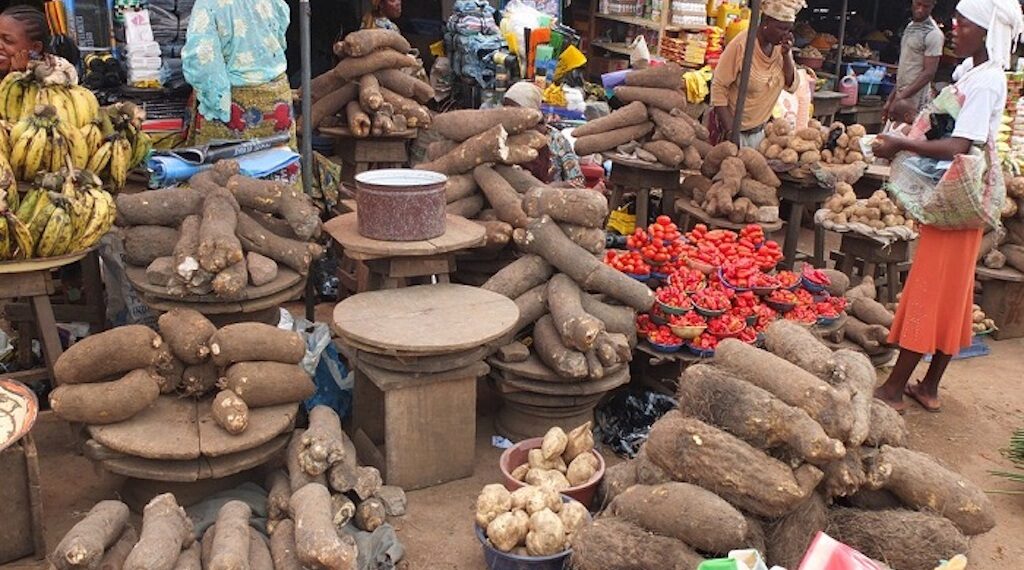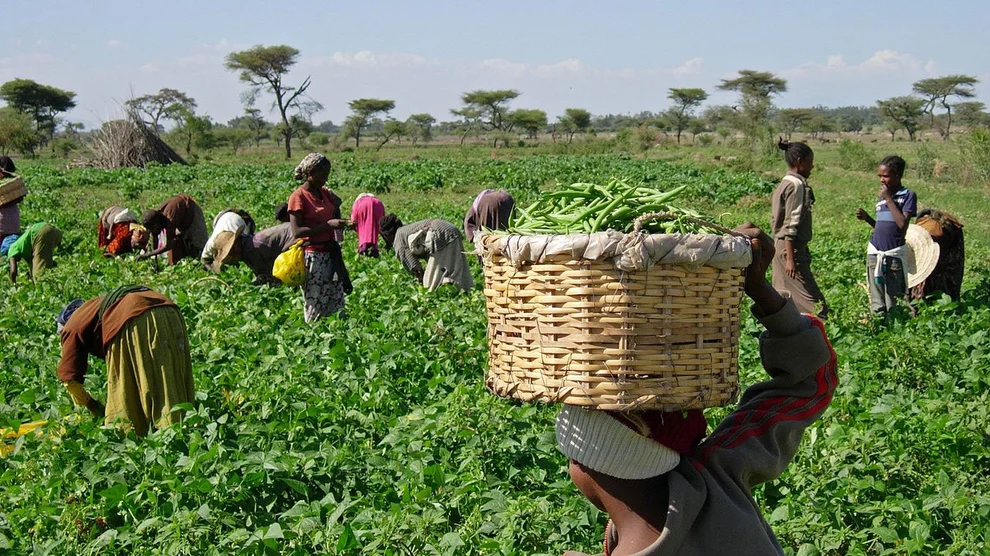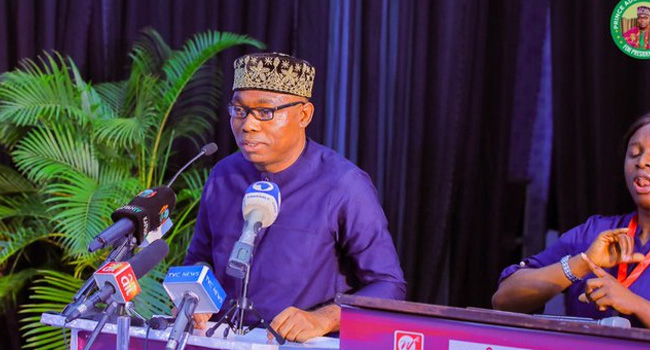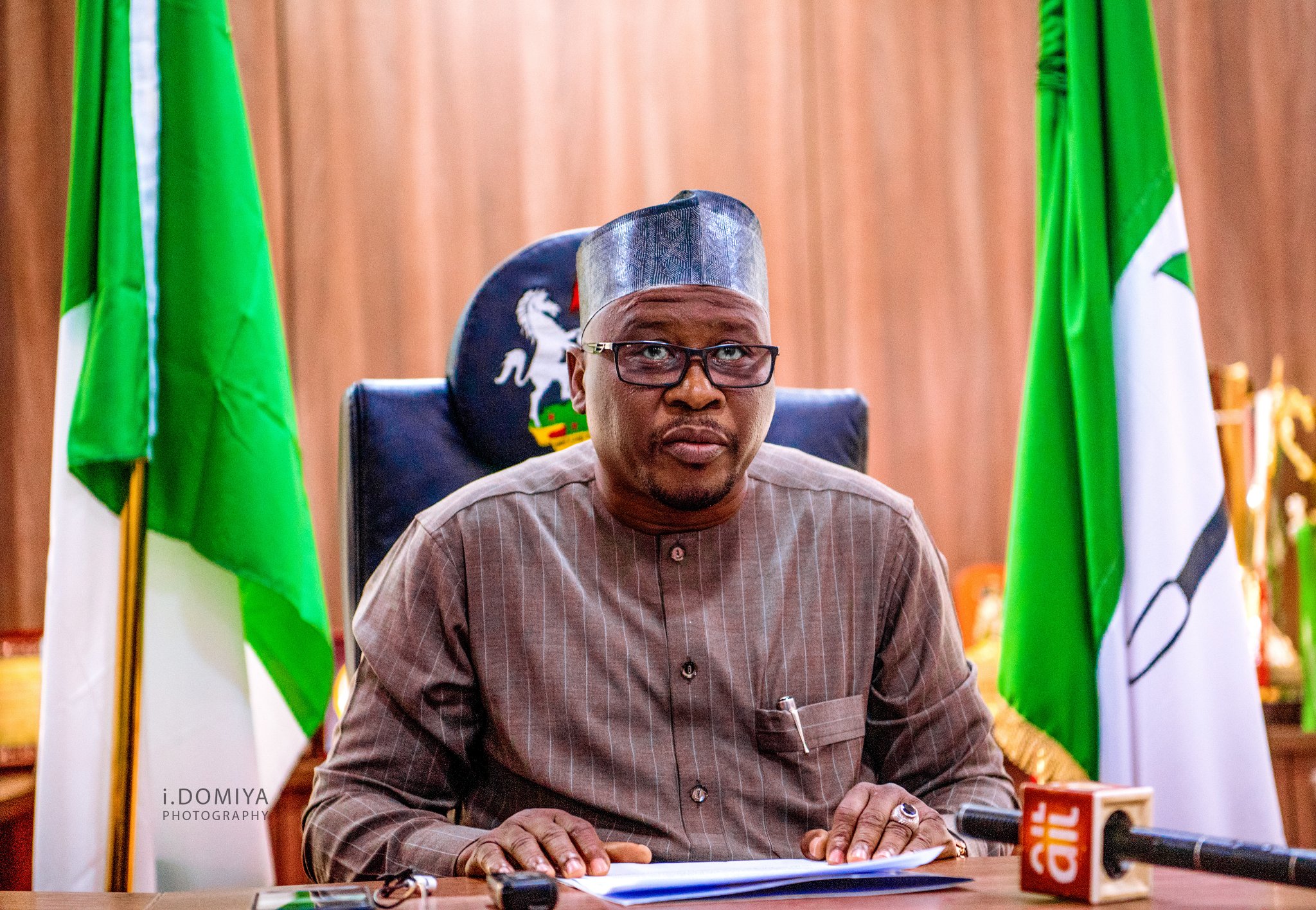The National Agricultural Land Development Authority (NALDA)’s Integrated Farm Estate and fish villages in Borno are set to provide jobs for over 4,000 farmers, particularly IDPs returning home.
The Executive Secretary of NALDA, Prince Paul Ikonne, said while on an inspection visit of the project located in Jere Local Government Area of the state.
Ikonne said in a statement made available to the News Agency of Nigeria(NAN) on Thursday in Abuja that the 100 hectare farm estate would create over 1,500 jobs.
He added that the 40 fish farms being established would give over 2,500 women an opportunity to earn a living from fish farming, processing and packaging.
Ikonne, alongside the state Governor, Prof. Babagana Zulum, said efforts were being made to ensure that the facilities come into operation before the end of the year.
He pointed out that NALDA`s intention was to settle Internally Displaced Persons (IDPs) and engage them in the entire agricultural value chain, as directed by President Muhammadu Buhari.
The NALDA boss stressed that Buhari’s vision was to ensure that the authority reactivate all abandoned land across the country and attract youths into agriculture.
He said that the farm estate strategy remained central to modernising and repositioning the country’s agricultural sector.
The executive secretary said NALDA would unravel the agricultural potentials in every state and help to drastically reduce the nation’s annual food import.
“This will in the process also address unemployment, as well as increase the contributions of agriculture to Nigeria’s Gross Domestic Product (GDP),” he added.
Ikonne commended the Borno government for the donation of land and other assistance for the successful execution of the project.
“If we have all the governors in the states throw their support around Mr President’s vision concerning agriculture, I bet you, Nigeria will change for good,” he added.
According to the statement, the farm estate would concentrate on cattle, goat, sheep, poultry and pasture, as well as crop production among others.
On his part, Zulum noted that most people in the state had completely lost their means of livelihood due to insurgency, adding that the NALDA project would ensure gainfully employment for some of them.
The governor expressed satisfaction with the quality of work at the construction site for both the farm estate and fish farms.
He allayed concerns of the sustainability of the investments, saying that the government would secure the projects.
“The projects that NALDA is doing in Borno are mighty, because the projects cut across all the 27 local governments areas.
”The government has put in place a sustainability mechanism that will ensure the sustenance of these projects.
“Security is not a big deal, because all the areas that have been chosen were chosen together with the Nigerian military and other security agencies, so security is not a problem.
“We have factored in risk mitigation measures and other measures and so there should not be any problem,” Zulum stressed.
NAN


























